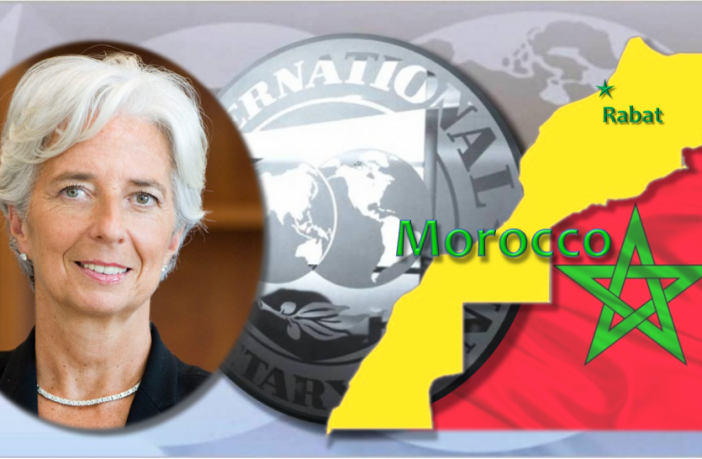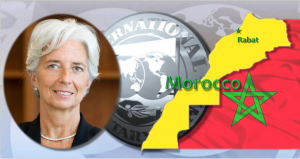CPI Financial
by Dominic Amlôt
The International Monetary Fund (IMF) has welcomed Bank Al-Maghrib’s (BAM) efforts to strengthen Morocco’s financial supervisory and regulatory framework to ensure continued financial sector soundness. They commended the BAM’s proactive efforts to tackle the supervisory and other challenges linked to the international expansion of Moroccan banks and agreed that the forthcoming central bank law would strengthen the BAM’s supervision and crisis resolution abilities. Directors looked forward to the upcoming Financial Sector Assessment Programme (FSAP) update as it would provide an opportunity for a comprehensive assessment of the financial system.
The IMF emphasized that structural reforms remain critical for reducing unemployment, diversifying the economy, and promoting higher and more inclusive growth, including by improving the business environment and strengthening competitiveness. Directors called for further action on enhancing transparency and governance, streamlining administrative procedure, and addressing corruption. Continued efforts toward reforming the labour market, increasing the efficiency of spending on education and vocational training, and raising female participation remain important going forward.
The IMF noted that Morocco has made important strides in maintaining macroeconomic stability in a difficult environment, but challenges remain to reduce fiscal and external vulnerabilities, strengthen growth, create jobs and tackle poverty. Growth slowed in 2014 as a result of a contraction in agricultural activity following an exceptional 2013 crop and weak demand from Europe.
However, growth is expected to rebound in 2015 to about 4.4 per cent and remain robust in the medium term as external demand and domestic confidence strengthen. Inflation has remained low and the financial sector remains sound. The 2014 current account deficit narrowed to an estimated 5.8 per cent of GDP due to booming exports from newly developed sectors and lower oil prices. International reserves increased to above 5 months of imports. The 2014 fiscal deficit was also reduced to 4.9 per cent of GDP.
The IMF’s comments follow on from the conclusion of its latest Article IV consultation with Moroccan authorities.








